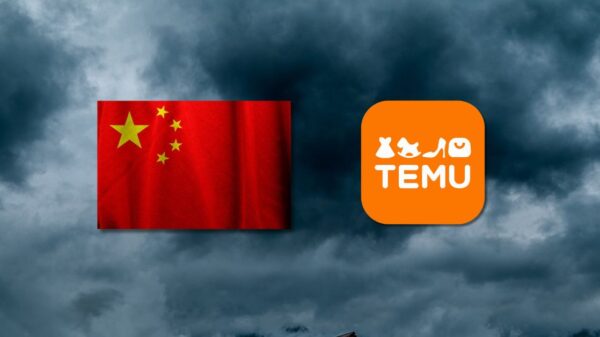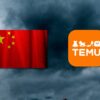Last week, U.S. Rep. Dan Webster, R-Fla., led members in urging the U.S. Labor Department to consider amending a recently proposed rule to require any company seeking eligibility for American retirement or pension investment meet U.S. statutory and regulatory transparency standards.
Eight other House Republicans signed Webster’s letter to U.S. Labor Sec. Eugene Scalia including U.S. Reps. Bill Posey and Francis Rooney of Florida.
The full text of the letter is below.
Dear Secretary Scalia,
Countless hardworking Americans rely on their pensions for survival during their retirement years. Unfortunately, since enactment of the Employee Retirement Income Security Act (ERISA) of 1974, the U.S. has seen an erosion of transparency in private pension plan investments. We applaud the Department of Labor’s commitment to ensuring transparency and accountability in U.S. retirement investment.
Your Department’s proposed rule on Investment Duties addresses this transparency issue in environmental, social, and governance (ESG) investing and would require plan fiduciaries to document and disclose their decision-making process when choosing politically motivated investments over strictly pecuniary investments. We believe that the proposed rule provides an opportunity for the federal government to examine a grey area in U.S. private pension investment: U.S. pension investment in untrustworthy Chinese companies.
In May, you took action to block over $4 billion of federal retirement pension investment into Chinese stocks. In your letter to Michael Kennedy, Chairman of the Federal Retirement Thrift Investment Board, you stated that the board’s plan “would place millions of federal employees, retirees, and service-members in the untenable position of choosing between forgoing any investment in international equities or placing billions of dollars in retirement savings in risky companies that pose a threat to U.S. national security…”
Thank you for your dedication to this issue. We ask that you consider amending the proposed rule to require any company seeking eligibility for American retirement or pension investment meet U.S. statutory and regulatory transparency standards. Currently, Chinese companies receive a waiver of these requirements under a Memorandum of Understanding from the Obama Administration. This arrangement has allowed U.S. retirement investment in Chinese companies engaging in human rights abuses and child and slave labor. Unfortunately, this situation causes American 401(k) owners and pensioners to unknowingly profit from these unjust and appalling practices. Growing Chinese influence on American investment portfolios is also a national security concern.
Again, we thank your Department for taking action in addressing transparency concerns, and we thank you for bringing attention to the national security risk that pension investment in Chinese companies presents. We believe an amendment to the proposed rule would safeguard American pensioners and shed light on cruel human rights abuses by Chinese companies.


















